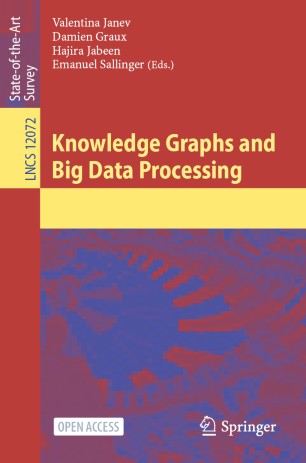

Most ebook files are in PDF format, so you can easily read them using various software such as Foxit Reader or directly on the Google Chrome browser.
Some ebook files are released by publishers in other formats such as .awz, .mobi, .epub, .fb2, etc. You may need to install specific software to read these formats on mobile/PC, such as Calibre.
Please read the tutorial at this link: https://ebookbell.com/faq
We offer FREE conversion to the popular formats you request; however, this may take some time. Therefore, right after payment, please email us, and we will try to provide the service as quickly as possible.
For some exceptional file formats or broken links (if any), please refrain from opening any disputes. Instead, email us first, and we will try to assist within a maximum of 6 hours.
EbookBell Team

4.8
54 reviewsThis open access book is part of the LAMBDA Project (Learning, Applying, Multiplying Big Data Analytics), funded by the European Union, GA No. 809965. Data Analytics involves applying algorithmic processes to derive insights. Nowadays it is used in many industries to allow organizations and companies to make better decisions as well as to verify or disprove existing theories or models. The term data analytics is often used interchangeably with intelligence, statistics, reasoning, data mining, knowledge discovery, and others.
The goal of this book is to introduce some of the definitions, methods, tools, frameworks, and solutions for big data processing, starting from the process of information extraction and knowledge representation, via knowledge processing and analytics to visualization, sense-making, and practical applications. Each chapter in this book addresses some pertinent aspect of the data processing chain, with a specific focus on understanding Enterprise Knowledge Graphs, Semantic Big Data Architectures, and Smart Data Analytics solutions.
This book is addressed to graduate students from technical disciplines, to professional audiences following continuous education short courses, and to researchers from diverse areas following self-study courses. Basic skills in computer science, mathematics, and statistics are required.